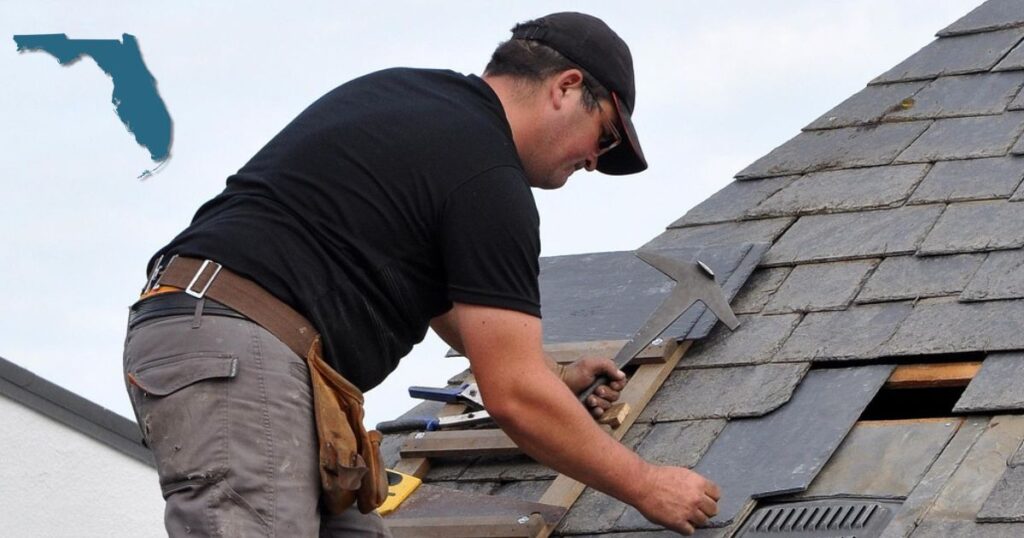Florida’s roofing industry faces an increase in uncertainty as debate emerges by limiting the use of asphalt shingles while encouraging metal roofing. Advocates argue that alternative materials could provide long-term durability, but industry leaders warn that such policies could hurt homeowners and home buyers by limiting affordable options.
“Rep. lawmakers are considering limiting affordable roofing and encouraging more expensive materials, which will have a negative impact on consumers,” said Reed Hitchcock, executive vice president of the Association of Asphalt Roofing Manufacturers. “In reality, this limits consumer choice and encourages taxpayer costs.”
Asphalt shingles remains Florida’s most widely used roofing material, covering around 70% to 75% of the home. However, misinformation encourages questions about its effectiveness, with some arguing that asphalt is less durable than other materials.
The reality is that modern asphalt shingles are designed to meet strict wind, hail and fire resistance standards, making it a resilient and cost-effective option for homeowners. Much of the problems critics attribute to shingles on asphalt actually stems from poor installations and older roofs before Florida’s modern architectural code, rather than flaws in the materials themselves.
Industry experts emphasize the need for a performance-based approach that strengthens roof standards across the board rather than limiting specific materials.
“We were on the forefront of moving forward with building standards to create more resilient roofing materials,” said Mike Silvers of the Association of Roof and Sheet Metal Contractors in Florida. “Every roofing material has its advantages and disadvantages, and there’s no one-size-fits-all approach.”
Despite debate over potential policy changes, asphalt shingles remains the most accessible, affordable and widely available roofing solution for Florida homeowners. Industry leaders are urging policymakers to focus on smart, evidence-based regulations rather than policies that could unfairly limit homeowner choices.


